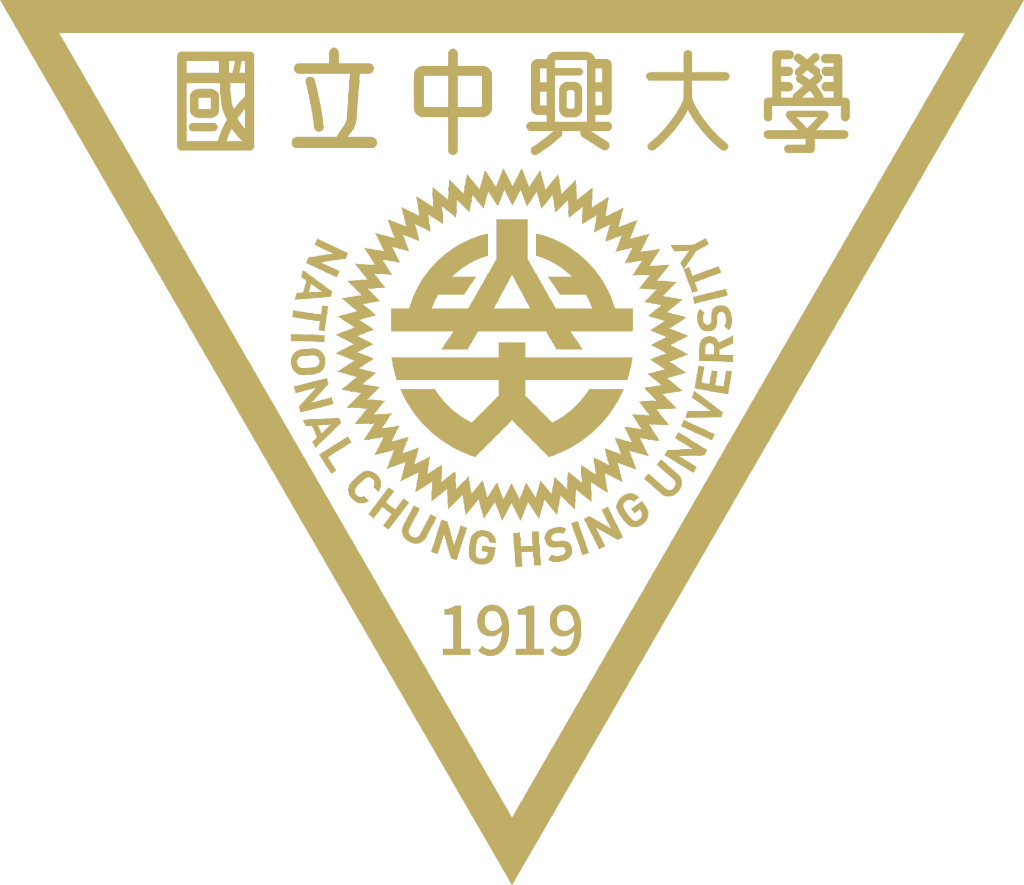Dr. Ming-Cheng Wu is currently an associate professor of the Department of Entomology, Chung Hsing University, and a joint associate professor of the Ph.D. Program in Microbial Genomics. He completed his Ph.D. at the Manchester Institute of Biotechnology in the UK and obtained a doctorate in chemical biology. After graduation, he continued postdoctoral research in the same lab and successfully constructed gene-transformed soil bacteria to produce new antibiotics. He also successfully built the smallest riboswitch as a gene expression tool for bacteria.
Dr. Wu backed to Taiwan in 2015, in view of the crisis of bee survival; he devoted himself to the research of bee biology. In 2018, he established the bee biology research laboratory in the Department of Entomology at Chung Hsing University. The bee research laboratory mainly focuses on the research fields of bee health (bee colony nutrition, bee probiotics), bee products (bee behavior, bee product analysis), and bumble bee breeding, involving the development of bee food, bee probiotics, and analysis of pollen nutritional components and health-care activities, the production mechanism of royal jelly and bee venom, and the development of native bumble bee food, etc., to assist the bee industry in the health of bee colonies, the production of high-quality bee products and crop pollination.
Dr. Wu currently serves as a council member of Taiwan Apiculture Society, Taiwan Entomological Society, and Taiwan Society of Precision Health and Toxicogenomics, and is also a publishing committee member of academic journals of Taiwan Entomological Society. His research fields include bee biology, microbiology, and insect physiology, etc. He has published nearly thirty SCI papers and four patents, including bee probiotics, honey identification method, pest identification chip, and dengue virus identification chip. The current main teaching subjects include bee biology, bee colony management, insect microbiology application, introduction to the insect industry, and other courses.
The Bee Biology Lab was established in 2018. It currently focuses on the research of bee nutrition, microbiology, and the exploration of the production mechanisms of royal jelly, bee venom, and other bee products. The Bee lab is committed to three major research directions: bee health, bee product production, and bumble bee breeding. We are going to explore the physiology of bees, aiming at bee colony health, using the technology and knowledge of biochemistry, molecular microbiology, and genomics. I hope that our research can bring healthy bees back and produce high-quality bee products for us.
In the last 5 years, we have analyzed the nutritional components of more than 20 types of bee pollen in Taiwan, isolated probiotics from bees, bumblebees, and pollen, established a bee-related bacterial library, and fed pollen and probiotics to bees or bumblebee queens to determine their effect on the physiology of bees/bumblebees. Such results can determine the most suitable nutrients of bee bread for the development of bees/bumblebees and provide beekeepers/biotechnologists with information to prepare artificial beebread suitable for bees/bumblebees to develop and produce bee products. In addition, we have also developed a lactic acid bacteria/yeast gene expression platform and entered the field of biosynthesis, hoping to be applied to assist the healthy development of bees/bumblebees.
Our laboratory wholeheartedly welcomes anyone who is enthusiastic and interested in "bees" and "microorganisms" to join our research team, explore problems, and find ways to help bee populations live a healthy life so that the environment, ecology, and agriculture can develop sustainably.
The Bee Biology Lab mainly focuses on the research fields of bee health (bee colony nutrition, bee probiotics), bee products (bee behavior, bee product analysis), and bumble bee breeding, involving the development of bee food, bee probiotics, and analysis of pollen nutritional components and health-care activities, the production mechanism of royal jelly and bee venom, and the development of native bumble bee food, etc., to assist the bee industry in the health of bee colonies, the production of high-quality bee products and crop pollination.
Dr. Wu currently serves as a council member of Taiwan Apiculture Society, Taiwan Entomological Society, and Taiwan Society of Precision Health and Toxicogenomics, and is also a publishing committee member of academic journals of Taiwan Entomological Society. His research fields include bee biology, microbiology, and insect physiology, etc. He has published nearly thirty SCI papers and four patents, including bee probiotics, honey identification method, pest identification chip, and dengue virus identification chip. The current main teaching subjects include bee biology, bee colony management, insect microbiology application, introduction to the insect industry, and other courses.
2008-2011 Ph.D. in Chemical Biology.
Thesis Subject: Bio-engineering of Antibiotic Enduracidin Biosynthetic Pathways and PreQ1 Riboswitch.
Manchester Institute of Biotechnology, University of Manchester, Manchester, UK.
Supervised by Prof. Jason Micklefield.
2002-2004 M.S. in Entomology (Physiology and Biochemistry).
Thesis Subject: Effects of juvenile hormone (JH) on the glutathione S-transferase (GST) in the fat body of Spodoptera litura larvae.
Department of Entomology, National Chung Hsing University, Taiwan.
Supervised by Prof. Kuang-Hui Lu
1998-2002 B.S. in Entomology.
Thesis Subject: Effect of JHA on the fat body glutathione S-transferase (GST) activity in the larvae of the common cutworm, Spodoptera litura.
Department of Entomology, National Chung Hsing University, Taiwan.
Supervised by Prof. Kuang-Hui Lu
